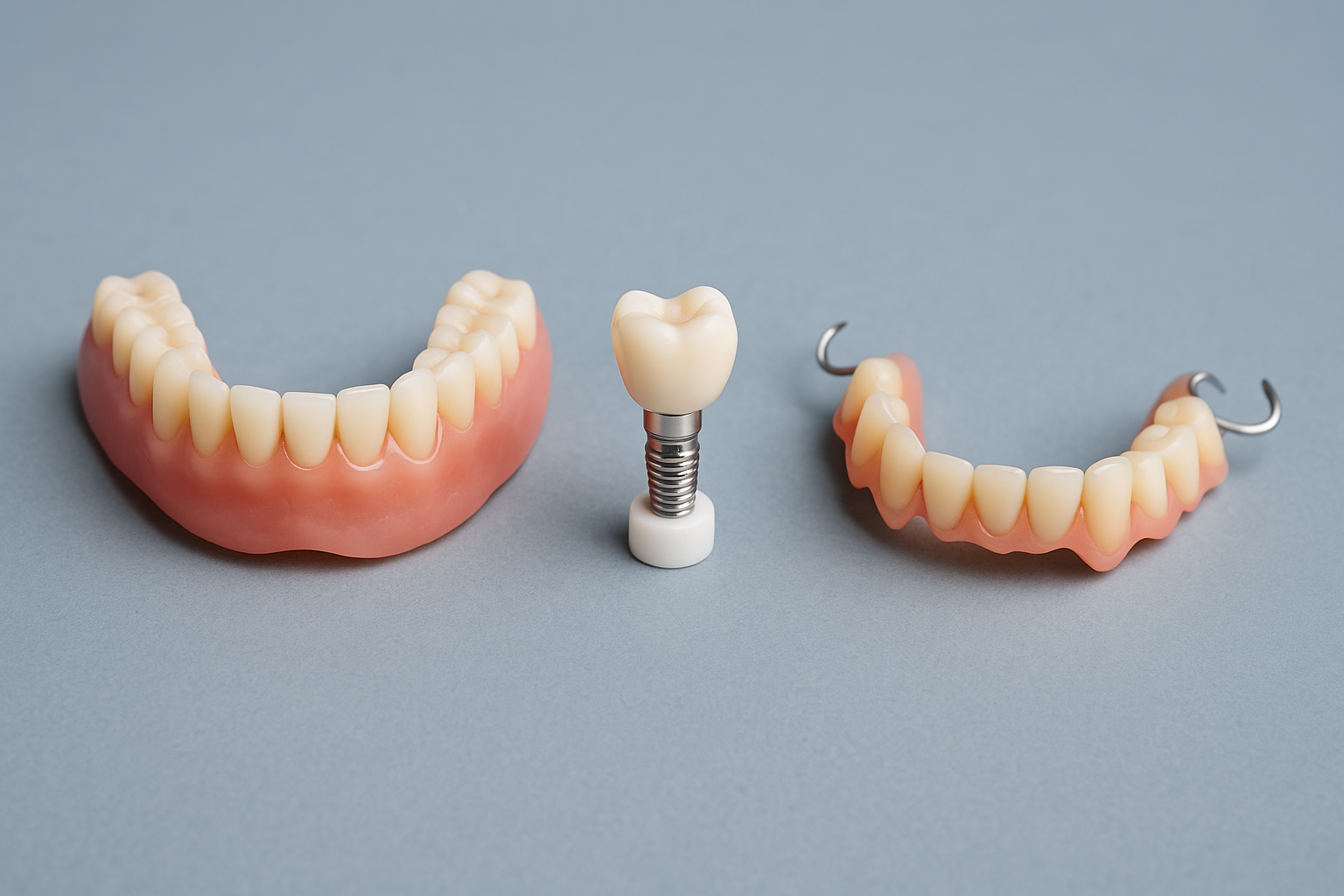Sedation DentistryPort St. Lucie, FL
Many people experience dental anxiety and fear. These feelings are very common. Sedation dentistry is used to help patients relax during their dental appointments. Our caring staff is well trained to create a relaxing and pain free experience.
Dental Sedation Options Available in our office:
Nitrous Oxide often referred to as "laughing gas" is a sedative that helps manage your anxiety and pain during dental treatment. Nitrous is a gas and mixed with oxygen, then inhaled through the nose. It works by slowing down the nervous system and makes you feel relaxed, euphoric, less inhibited, giddiness, and calm. You will feel the effects within minutes of inhalation.
Oral Sedation is sedation used help patients feel comfortable during their procedure. It is good for anyone with dental fear or anxiety, lengthy procedures, and more involved surgeries such as wisdom teeth extractions. As the name implies you take the medication orally by form of a pill.
Typically we use Triazolam (Halcion) and Valium which are all in diazepam family. If you are pre scheduling your procedure you may begin medication the night before and need someone to drive you to and from your appointment. If you are scheduling your appointment the same day or only medicating at the office then you will take the medication 1 hour prior to the procedure. Depending on your metabolism and other factors such as how much food you've eaten will determine how long and how much of the medication you may need to feel the full relaxation effects.
Oral sedation is a moderate sedation because you are conscious and awake, however, it will make you very groggy and you may even fall asleep. You will easily be awoken by your dental team and will be able to communicate. Your motor skills will be affected until the medication wears off so you will need a responsible person to drive you home from your appointment.
IV Sedation, or intravenous sedation, is a method used in dentistry to help patients relax during dental procedures. A sedative medication is administered through a vein, allowing it to take effect quickly. This induces a state of deep relaxation, making the patient less aware of the dental work being performed. While the patient remains conscious and able to respond, they often have little to no memory of the procedure afterward. The commonly used medications include benzodiazepines and other sedatives. Sedation is particularly beneficial for those with dental anxiety or undergoing extensive treatments, ensuring a more comfortable experience.
IV sedation in dentistry is often used in the following scenarios:
1. Dental Anxiety or Phobia: For patients who experience significant anxiety or fear related to dental procedures, IV sedation helps create a more relaxed state, making the experience more tolerable.
2. Complex Dental Procedures: for example during lengthy or intricate dental treatments, such as oral surgeries, wisdom teeth extractions, dental implant placements, full mouth reconstructions, or multiple procedures performed in a single session.
3. Patients with Special Needs Individuals with physical or cognitive challenges that may make it difficult for them to cooperate during dental work can benefit from IV sedation to ensure a smoother process.
4. Gag Reflex Issues IV sedation is useful for patients with a hypersensitive gag reflex, allowing the dentist to work without triggering discomfort.
5. Minimal Memory Retention It's preferred when the goal is to have patients remember little to nothing about the procedure, contributing to a more positive dental experience.
The process of IV (intravenous) sedation:
1. Assessment: Your dentist will assess your medical history, current health status, and the nature of the dental procedure to determine if IV sedation is appropriate.
2. Pre Op & Informed Consent: The patient is informed about the sedation process, its effects, and any potential risks. Informed consent is obtained before proceeding. Baseline vitals are taken, pre surgery and post surgery instructions will be given. You must have a driver the day of dental sedations and also its important not to eat or drink prior to your procedure.
3. Preparation: The patient may be asked to fast for a certain period before the procedure. Vital signs such as blood pressure, heart rate, and oxygen levels are monitored.
4. IV Line Insertion: A small needle is used to insert an intravenous line, usually in the hand or arm. This allows for the direct administration of sedative medications into the bloodstream.
5. Sedation Administration: Sedative medications, often benzodiazepines or other appropriate drugs, are administered through the IV line. The dosage is carefully controlled to achieve the desired level of sedation.
6. Monitoring: Throughout the procedure, the patient's vital signs, including heart rate, blood pressure, and oxygen levels, are closely monitored to ensure safety.
7. Dental Procedure: Once the patient is in a sedated state, the dental procedure is performed. The patient remains conscious but is typically relaxed and less aware of the details of the treatment.
8. Recovery: After completing the dental work, the patient is monitored as they gradually recover from the sedation effects. This may take some time, and the patient is observed until they are deemed fit to leave the dental office.
It's important to note that the specifics of the process can vary based on the patient's health, the type of sedation used, and the dental procedure being performed.
Same Day Oral Sedation if you have an urgent need for dental work due to pain or other factors we are able to sedate you the same day of your dental appointment. You will just need to be able to have someone who can drive you home.








